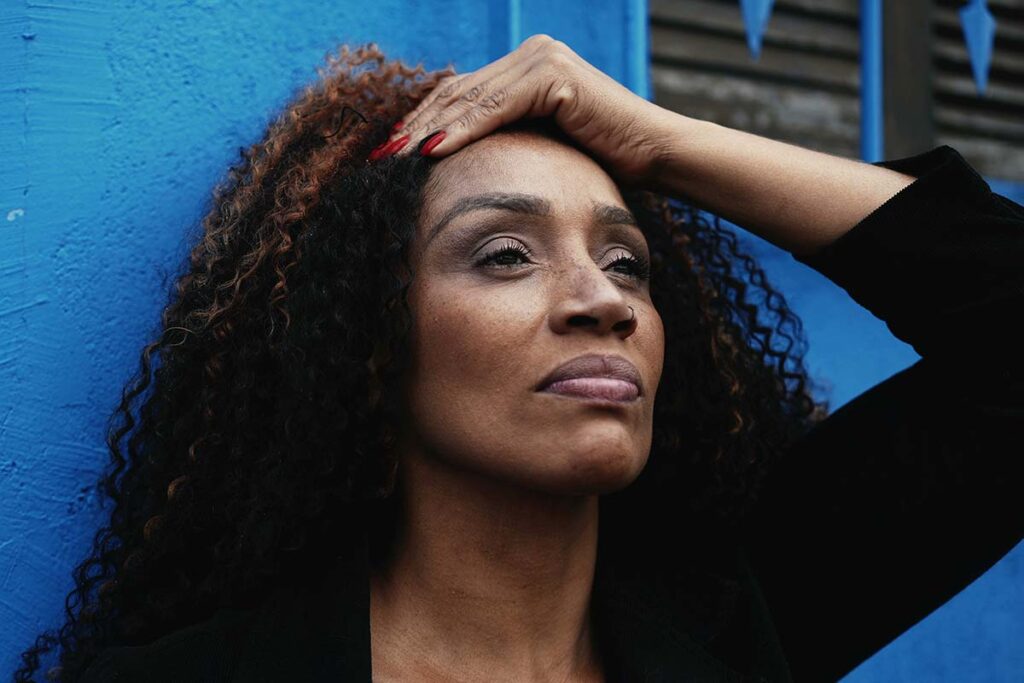Do you believe that you or someone you love is struggling with depression? If so, it’s essential to know that there are different types of depression, each with its own symptoms. For example, atypical depression is a specific form of major depressive disorder (MDD). Mental health experts and professionals call it “atypical” precisely because symptoms of atypical depression differ from those generally associated with traditional depression.
Clients must first have an accurate and official diagnosis to get the best care possible at a depression treatment center, which is why the differences between the types of depression are crucial. At Promises Behavioral Health, we provide expert support and care for those struggling with all kinds of depression disorders. Call [DIrect] to speak with someone from our experienced and knowledgeable staff about signs of atypical depression or more traditional depression disorders and get started on the road to improving your mental health and quality of life today.
What Is MDD?
Before getting into symptoms of atypical depression, it’s vital to understand major depressive disorder or clinical depression. MDD is a severe, long-lasting mental health condition that causes persistent feelings of sadness and hopelessness. It can interfere with every aspect of your life, from work and school performance to social interactions and activities you once enjoyed.
Despite its name, the condition is not at all rare. It affects a large percentage of people struggling with depression. To receive a diagnosis for MDD, you must have at least one of two core problems—a down or depressed mood that affects you most of the time and an inability to gain pleasure from your preferred hobbies and activities.
You must also have experienced five signs of typical depression in two weeks, which may include:
- Aches and pains with no known physical cause
- Appetite changes that cause weight gain or loss
- Difficulty concentrating
- Difficulty sleeping
- Fatigue or decreased energy levels
- Feeling worthless, hopeless, or guilty
- Loss of interest in favorite activities
- Slowed thinking and movements
- Thoughts of death or suicide
If you are experiencing suicidal thinking, getting professional help immediately is crucial. You may need hospitalization or residential care at a mental health center.
What Is Atypical Depression?
Atypical depression is formally known as MDD with atypical features. It differs from traditional clinical depression in these ways:
- You develop an unusual sensitivity to rejection that interferes with your ability to interact with others at home, work, school, and in social situations.
- You experience symptoms of MDD, but your mood improves when something positive happens in your life.
- You have a significant increase in appetite or weight gain.
- You have shown signs of MDD for at least two years.
- You sleep too much instead of experiencing insomnia.
- You struggle with weighty, leaden feelings in your limbs.
In fairly rare cases, a person struggling with this type of depression may also experience symptoms of atypical depression similar to those generally associated with anorexia, bulimia, or binge eating disorder. These symptoms include a severe limitation of food intake and involvement in a cycle of food binging which may or may not be followed by purging through vomiting or laxative abuse.
Atypical depression is more common in women than men and usually starts in the early 20s. Many people with atypical depression also have other mental health disorders, such as anxiety, panic, or eating disorders. Cases like this typically respond well to dual diagnosis treatment. However, treatment for atypical depression alone is similar to treatment for other types of depression and usually involves a combination of medication and therapy.
Overlapping Symptoms of MDD and Atypical Depression
Many signs of atypical depression overlap with symptoms of MDD, which is understandable since the former is simply a subtype of MDD. The list of overlapping symptoms includes:
- A down or depressed mood that affects you most of the time
- An inability to gain pleasure from your preferred hobbies and activities
- Changes in appetite that cause weight gain or loss
You may also have headaches and difficulty concentrating or maintaining your sleeping pattern. Feeling guilty or hopeless, having decreased energy levels, and slowed thinking are also signs of MDD or atypical depression. However, the most obvious signs of depression are losing interest in activities you previously enjoyed and engaging in suicidal ideation.
Atypical depression symptoms sometimes appear in combination with symptoms of other subtypes of MDD, including depression with anxious distress and depression with melancholia. They can also arise in individuals diagnosed with a separate form of depression called persistent depressive disorder (PDD) or dysthymia.
Learn More About Depression Treatment at Promises Behavioral Health
To learn more about atypical depression and other mental health disorders, contact Promises Behavioral Health to speak with someone from our caring and compassionate team. Our behavioral health centers treat depression, anxiety, eating disorders, post-traumatic stress disorder (PTSD), and substance use disorder. Don’t hesitate to call 844.875.5609 today.

